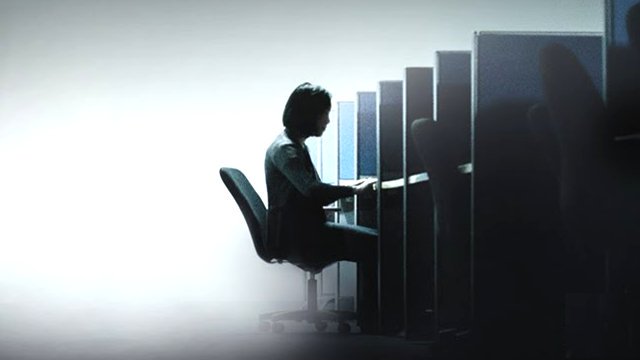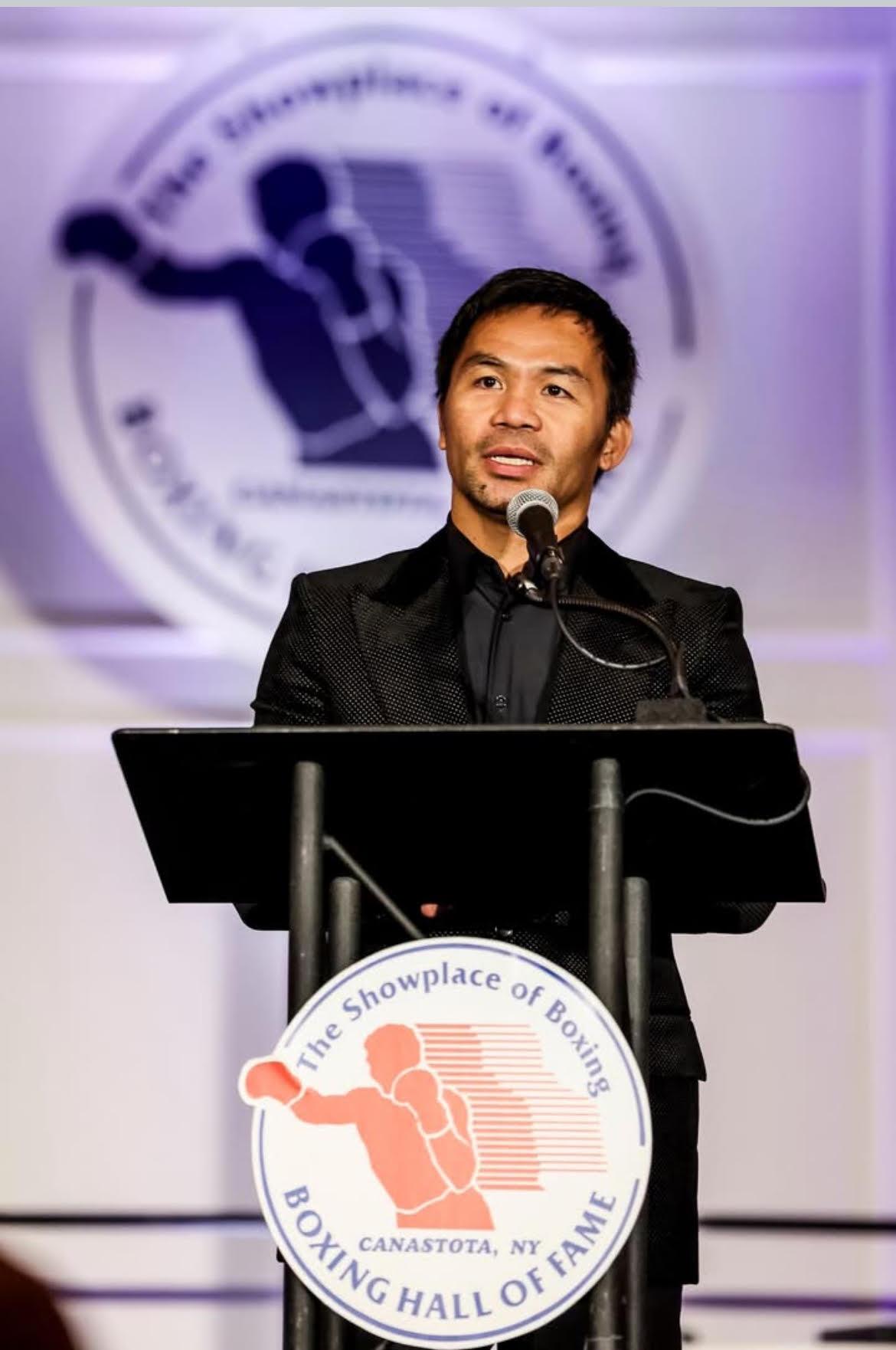‘The Cleaners’ to be shown at 8th Human Rights Documentary Film Festival in Hong Kong

MILLIONS of new content are uploaded to the internet every single day, entering the timelines and feeds of the internet’s over 4.2 billion users. That includes 500 hours of video uploaded to YouTube every minute, over 90 million photos added each day to Instagram, and over 6,000 Tweets posted every second.
WIth such high volume of content being added so quickly, it’s an unfortunate fact that malicious content also makes way into the internet’s main stream.
But what most may not know is that it isn’t artificial intelligence or special algorithms that are getting rid of reported posts. Rather, the taking down of content is done through a more manual method of human hands, many of which are in the Philippines.
Created by German filmmakers Hans Block and Moritz Riesewieck, a new documentary called “The Cleaners” — which will be shown at the upcoming Human Rights Documentary Film Festival in Hong Kong — follows the tasks of Filipino workers in Manila who spend hours each day clicking through large amounts of inappropriate content so that everyday social media users wouldn’t have to.
As the film’s trailer states, “everything that goes up, doesn’t always stay up.” The content ranges from graphic photos of child abuse, images of self-harm, and posts of terrorist attacks, among others.
The documentary shows how 15 to 20 content moderators in Manila, who were hired by outsourcing companies and stayed anonymous in the film, decide whether to “ignore” or “delete” tens of thousands of posts a day.
“For most of them, it’s a job they are proud of,” explained Riesewieck in an interview with the South China Morning Post (SCMP). “You have to consider many people have jobs that are much less prestigious than working in such nice looking buildings in one of the best parts of Manila.”
The Filipino workers get paid around $1 to $3 an hour, which compared to other jobs, is rather decent.
“With this money, they can care for the whole family of five, six, or seven persons,” added Riesewieck. “They are the breadwinners and they are happy to get this job.”
One moderator likened the job to that of security.
“I am passionate about my job,” he said. “As a moderator, you’re like security. You protect the used.”
Given the nature of the content, the film also raises questions on how being regularly exposed to the often hard to stomach content may affect the moderators mentally. This, as moderators see approximately 25,000 images a day, a number one joked should get him a Guinness Book of World Records.
According to the directors, many of moderators did not even know what their jobs would entail when applying. They only found out about the content after signing the contract.
On the personal reaction Block had when filming the documentary, Block told The Globe and Mail, “It is tough, but the main difference is that I can talk about my feelings, I can take a break and talk to psychologists.”
He added, “These content moderators are not allowed to speak a word to their nearest friend or their families, because they signed non-disclosure agreements. This is the worst you can do if you’re traumatized. This can lead to the worst consequence, which is also part of our movie: The suicide is extremely high.”
Last year, Facebook’s CEO Mark Zuckerberg announced a plan to add 3,000 new employees worldwide to scour through harm and harassment reports on the multibillion company’s platforms. With a staff number of roughly 4,500 before the hiring, the increase of staff by over 50 percent all the more proved how serious the problem of malicious content was.
“Over the last few weeks, we’ve seen people hurting themselves and others on Facebook — either live or in video posted later. It’s heartbreaking, and I’ve been reflecting on how we can do better for our community,” said Zuckerberg in the announcing statement.
“If we’re going to build a safe community, we need to respond quickly,” he continued. “We’re working to make these videos easier to report so we can take the right action sooner — whether that’s responding quickly when someone needs help or taking a post down.”
Facebook’s vice president of operations Ellen Silver, commented on the job and said that it wasn’t one that just anyone can do.
“This job is not for everyone — so to set people up for success, it’s important that we hire people who will be able to handle inevitable challenges that the role represents,” said Silver. “Just as we look for language proficiency and cultural competency, we also screen for resiliency.”






